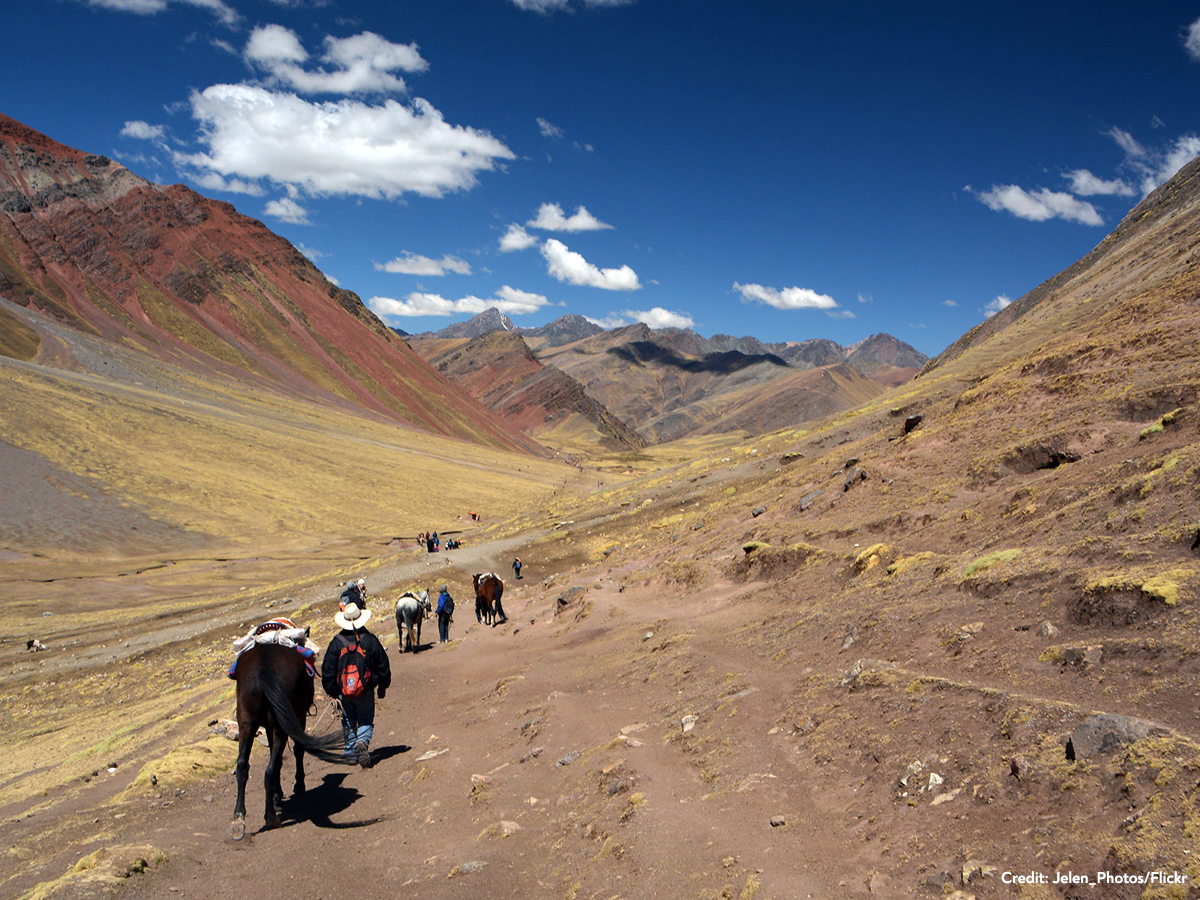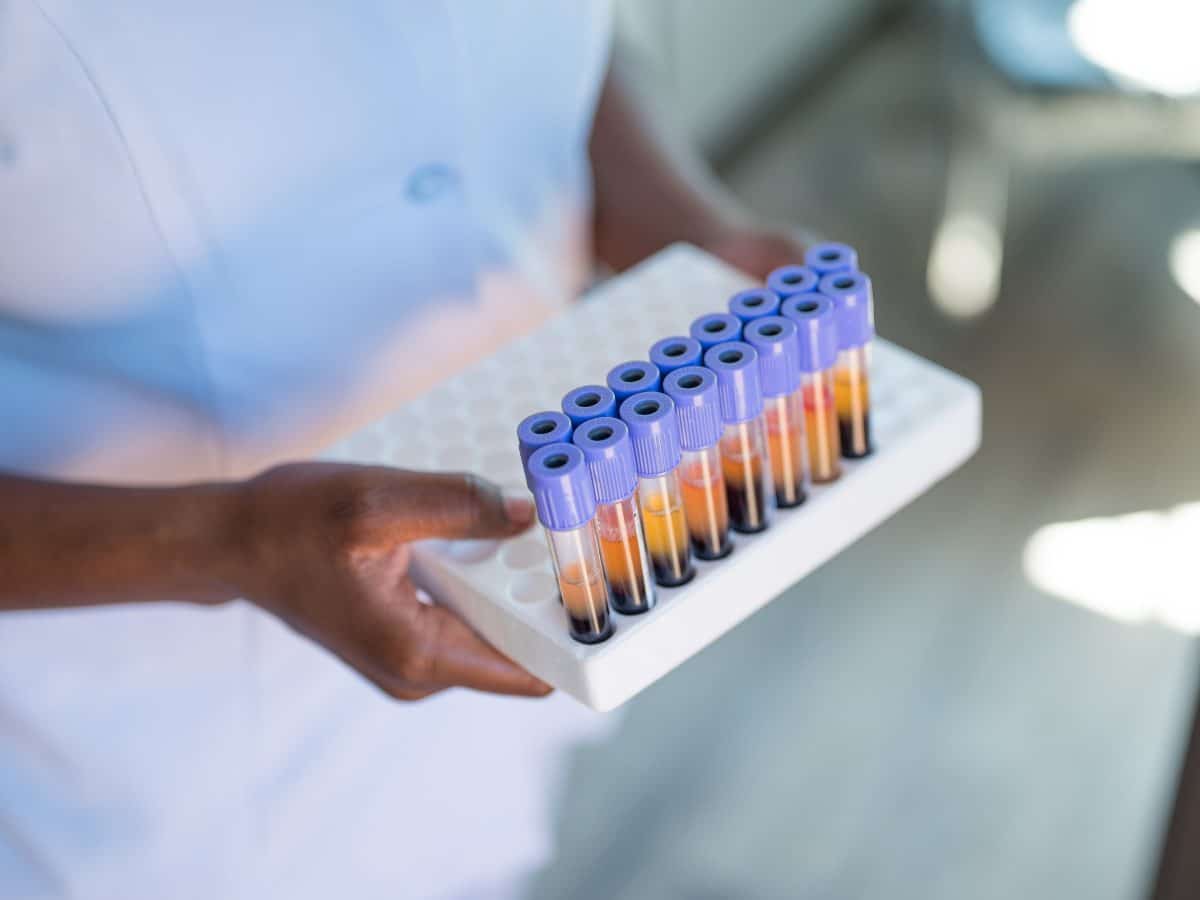Through the Programmatic Support Award (PSA), ICAP is expanding its reach in a new part of the world – Central and South America – and continuing its work in Africa and the Caribbean. Designed to provide comprehensive technical assistance to accelerate HIV prevention and treatment programs and reinforce health systems in countries supported by the U.S. President’s Emergency Plan for AIDS Relief (PEPFAR), PSA will build on over 15 years of partnership between ICAP and the U.S. Centers for Disease Control and Prevention (CDC) to fast-track local capacity and meet national and global targets for HIV epidemic control.
“With a new presence in Central America and South America and our continued work in Africa and the Caribbean, ICAP will bring its decades of expertise in HIV and health programming to regions of the world that face significant health challenges,” said Elaine Abrams, MD, senior research director at ICAP. “We look forward to establishing strong relationships with government entities and local organizations by supporting them to expand HIV prevention, testing, and treatment programs and measure progress toward HIV epidemic control.”
In Central and South America, antiretroviral therapy (ART) coverage has been relatively high over the past few years, however, little progress has been made in preventing new infections among young people – particularly those within key populations. Gaps also remain in adherence to ART among people living with HIV and access to pre-exposure prophylaxis (PrEP) which can prevent new HIV infections. Additionally, migratory movements across the region require interagency, cross-border responses to provide migrants with access to health services, including for HIV. Through the new PSA, ICAP aims to work alongside CDC and local partners to tackle some of these gaps and support the region in reaching global HIV prevention and treatment targets.
In the Central American countries of Guatemala, Panama, Honduras, and El Salvador, ICAP will partner with local organizations to provide above site-level support for CDC interventions, including expanding programs focused on PrEP, HIV testing and surveillance, viral load strengthening, and quality improvement and assurance.
In Colombia and Peru in South America, ICAP, in partnership with CDC and community-based organizations, will assist direct service provision focused on expanding access across the HIV care continuum to Venezuelan migrants impacted by HIV in the region.
Since 2019, ICAP has also been implementing PSA in Myanmar, Haiti, Angola, Cameroon, and Zambia to advance HIV care and treatment services with activities specific to the needs of each country. This year, ICAP will continue its work in South Sudan on prevention-of-mother-to-child transmission services and in Zimbabwe, ICAP will expand PEPFAR’s Determined, Resilient, Empowered, AIDS-Free, Mentored, and Safe (DREAMS) program to reach areas which have some of the highest new HIV infections among adolescent girls and young women.
As ICAP gears up to carry out these projects, its longstanding partnerships with PEPFAR, CDC, national ministries of health, and local organizations continue to expand and improve the health outcomes of millions of people across the globe.
A major global health organization that has been improving public health in countries around the world for over 15 years, ICAP works to transform the health of populations through innovation, science, and global collaboration. Based at Columbia University in New York City, where it is part of the Mailman School of Public Health, ICAP has projects in more than 30 countries, working side-by-side with ministries of health and local partners to confront some of the world’s toughest health challenges. Through meaningful research, tailored technical assistance, effective training and education programs, and rigorous surveillance to measure and evaluate the impact of public health interventions, ICAP aims to realize a global vision of healthy people, empowered communities, and thriving societies. Online at icap.columbia.edu







